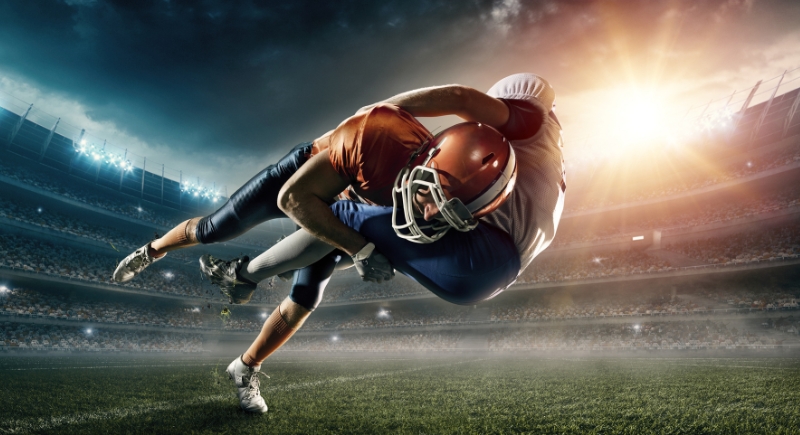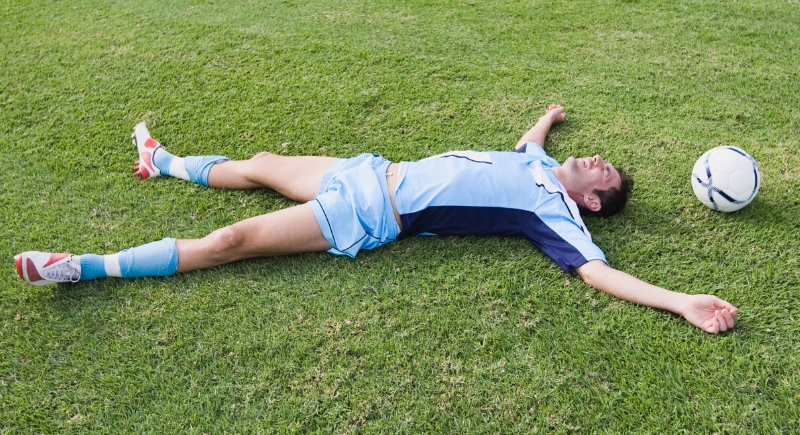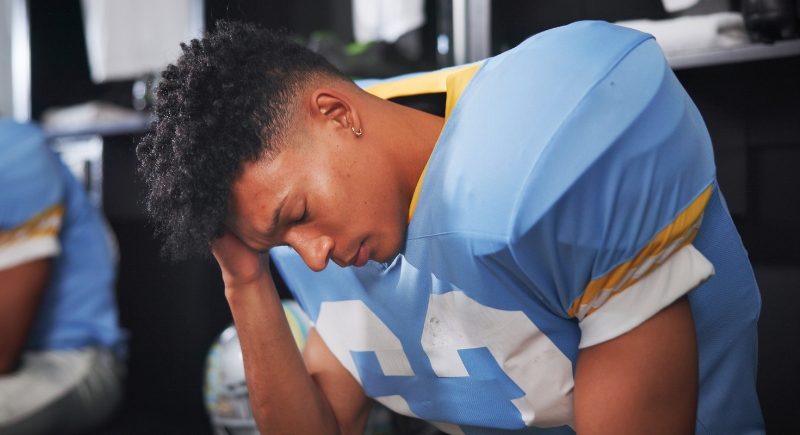The 4 Warning Signs That Contact Sports Are Putting Your Brain at Risk
Contact sports like football, soccer, and hockey can take a toll on your brain long before you realize anything is wrong. Two major studies and medical reports are shining new light on how repeated hits to the head, even small ones, might slowly change the way the brain works. You don’t need to have a dramatic concussion or blackout to be at risk.
Your Brain Cells Are Breaking Down

Image via Getty Images/Dmytro Aksonov
A study published in Nature looked at the brains of 20 former football players who died before age 50. Some had chronic traumatic encephalopathy (C.T.E.), and some didn’t. Yet, all of them showed brain cell damage, especially in the frontal cortex, the part responsible for decision-making, memory, and planning. Researchers found a 56% loss of neurons in that region, as well as damaged blood vessels and inflammation. Even players who never had a diagnosed concussion showed this kind of wear and tear. It turns out that hundreds of small, routine collisions can add up to a big problem.
You Don’t Have To Black Out To Be Injured

Image via Canva/Aflo Images
A concussion doesn’t always involve loss of consciousness. Most people don’t pass out at all. The symptoms can include headaches, brain fog, dizziness, mood swings, and trouble sleeping. They can show up right away or days later. Children often can’t even describe how they feel, which makes the signs easy to miss. Experts warn that a second head impact before full recovery can cause dangerous brain swelling, called second impact syndrome. Even though it’s rare, it can be deadly. That’s why athletes should never jump back into a game the same day after any head knock, no matter how mild it seems.
Your Thinking And Reaction Time Might Be Slowing Down
In a separate Neurology study, researchers scanned the brains of 352 amateur soccer players. They found that those who headed the ball the most showed more damage to the areas where gray matter meets white matter. These players also performed worse on memory and reaction tests. The changes weren’t severe enough to diagnose a disorder, but they might be the early stages of something more serious.
You’re Playing Through Pain Or Ignoring Recovery

Image via Peopleimages.com/YuriArcurs
Overtraining and poor recovery can make any sports injury worse. When your body doesn’t heal properly, it can become a long-term issue. The same goes for your brain. Repeated subconcussive hits may not cause immediate symptoms but can still lead to long-term problems like memory loss, personality changes, and depression. Ignoring minor signs, like headaches after practice or feeling “off,” can make things worse. Experts say recovery should always be slow and supervised, and returning too soon puts players at risk for permanent damage.
Protecting Your Brain Without Quitting The Game
No one is saying you have to give up your favorite sport. However, understanding the risks can help you play smarter. Starting contact sports later in childhood, using better helmets, and choosing flag football over tackle can all reduce the chance of brain injury. Taking breaks, getting regular checkups, and paying attention to how you feel after hits can also go a long way. Exercise is great for your body and mind, but only if you give your brain the same respect you give your muscles.